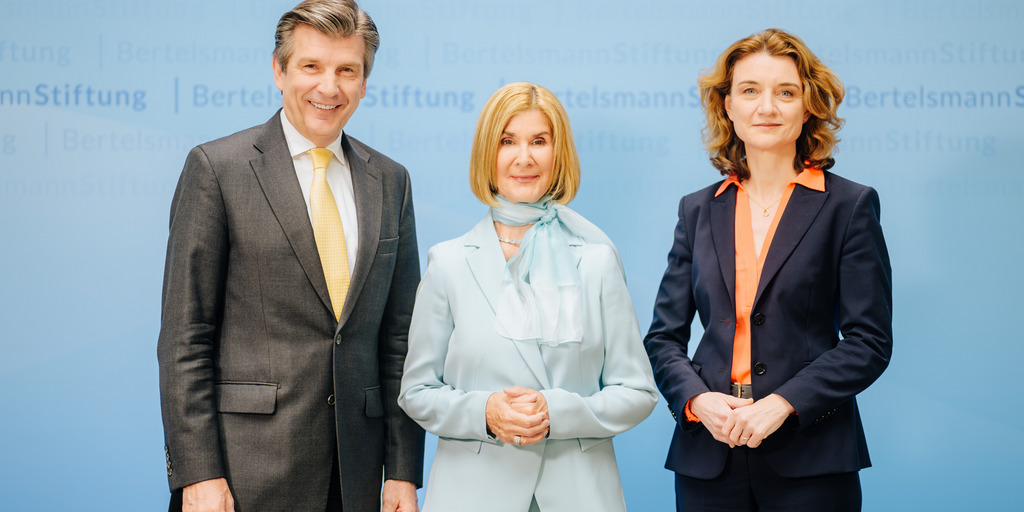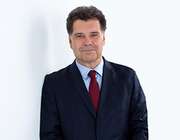Social cohesion in Germany has come under considerable pressure since 2020. On the one hand, it is still robust according to the longer-term assessment of the Bertelsmann Stiftung’s Social Cohesion Radar. From the end of 2017 to the beginning of 2020, it essentially maintained a value of 61 (on a scale of 0 to 100) on the overall index, which measures a number of factors. On the other hand, the overall index fell by nine points last year compared to 2020 and, at 52 points, just made the top half of the scale. Given the numerous challenges affecting communal life in Germany, this value can still be considered stable. Nevertheless, the findings are a warning that the developments impacting German society must be taken seriously and that countermeasures are needed.
"The multiple crises we’ve currently faced, from the Covid pandemic to the war in Ukraine and its consequences, have given rise to uncertainty about the future and to ruptures in social cohesion," explained Ralph Heck, chairman and CEO of the Bertelsmann Stiftung. "We are all called upon to counteract the tendencies dividing society and to highlight and defend the values underpinning democracy. This is yet another reason why the Bertelsmann Stiftung is using 'Strengthen democracy!' as its annual topic for 2024/2025 to put an even greater focus on safeguarding liberal democracy in Germany."





